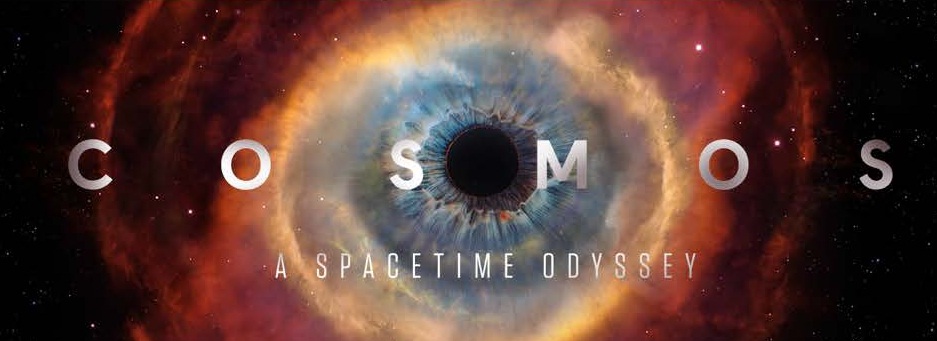“Cosmos” Hits only the First Frontier
As a science groupie, when I sat down to watch the first episode of the reboot of Carl Sagan’s “Cosmos,” now hosted by Neil de Grasse Tyson, I anticipated forty engaging and stimulating minutes. I was ready to simultaneously be enlightened and invigorated by the wonders of the universe. Instead, I was taken on an emotional rollercoaster of excited anticipation, disappointment, and frustration.
“Cosmos” was essentially a narrated CGI tour of our universe. After an exorbitant amount of time spent showing off the flashy CGI “Spaceship of the Imagination,” I was taken on a journey back to fifth grade, during which Neil de Grasse Tyson and I traversed a CGI version of our solar system and remembered the names of the planets while showing off our sleek spaceship.
As the episode progressed, many words relating to potentially interesting topics were thrown around, but not further discussed. For example, at the furthest reaches of the solar system, the Spaceship of Imagination stopped momentarily t o look at a CGI Voyager 1 before continuing onto the commercial break.
Similarly, the multiverse theory was mentioned. What is the multiverse theory, you ask? Well, I don’t know either. As soon as I was on the edge of my seat, ready to hear more, the Spaceship of Imagination was already light years away, passing up more potentially interesting subjects.
Episode one seemed familiar to the introductory chapter of a text book. Many interesting ideas were briefly alluded to, but rarely developed or explored. I have hope that as the show continues, different topics will be further developed much in the way that the following chapters in a textbook further develop interesting ideas.
Unfortunately, the ideas that were developed seemed unsatisfactory. The first was a brief history lesson that seemed in places inaccurate. I’m fairly certain that Copernicus was not the first person to present a heliocentric theory. I am also fairly certain that Oxford intellectuals did not use their books as stoning materials.
Despite all of my nit picking, I think this episode of “Cosmos” served one purpose very well. To the average viewer, the episode’s breadth in topic and glorifying CGI might inspire curiosity and questions. In addition, the simplification made the topics more accessible.
As one focus of the show, the entire history of the universe was scaled down to one calendar year. This allowed the viewer to take a concept (all of time) that is understandably difficult to grasp, and to view it in a relatable time span.
Although it did not offer much as far as substance or information, the first episode of “Cosmos” had its redeeming qualities and, depending on the audience, could be a worthwhile source of interesting scientific topics to spawn further enthusiasm.

